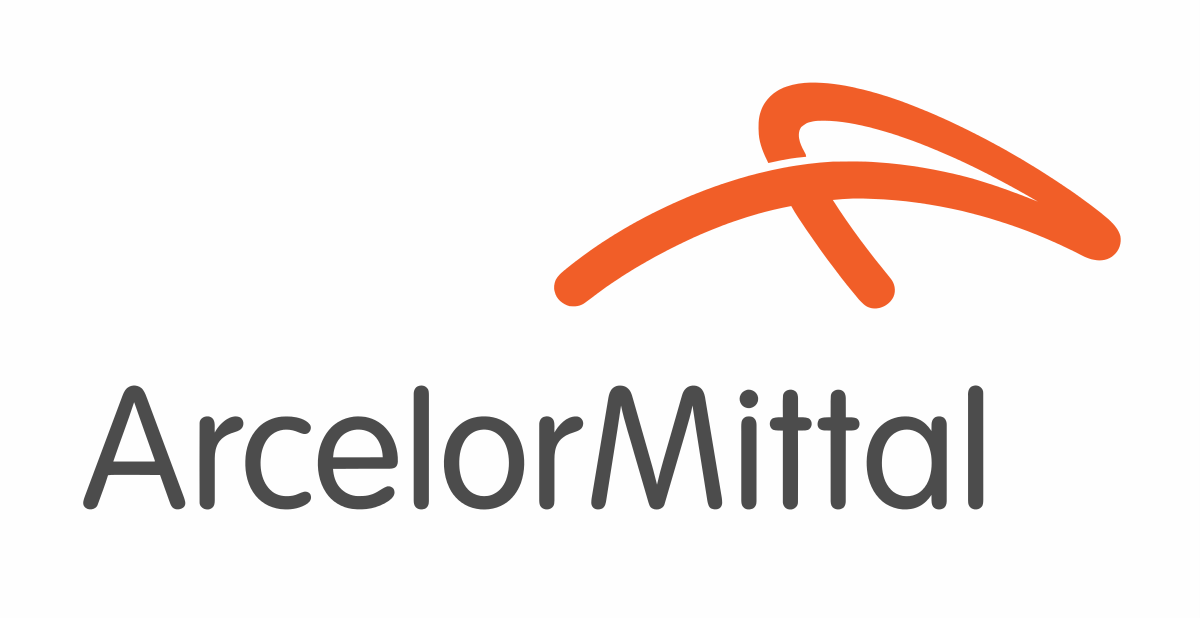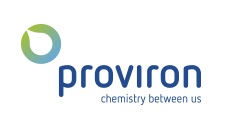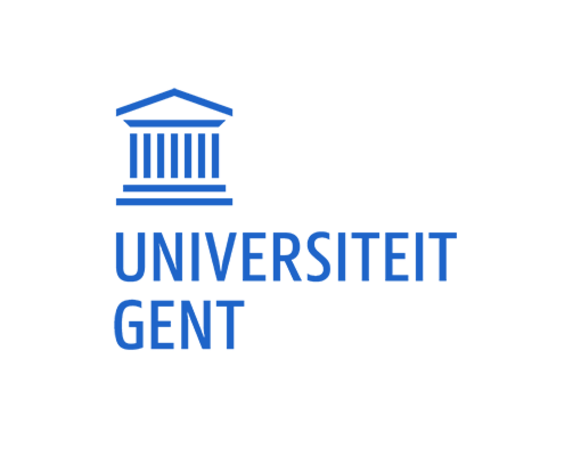Upgrading Steel Mill Off Gas to Caproic Acid and Derivatives Using Anaerobic Technology
One of the greatest challenges of the 21st century is the drastic reduction of greenhouse gas (GHG) emissions to the atmosphere to minimize/mitigate the impact of global climate change. The European Union is taking up a leading role by imposing stringent emission regulations to all member states and industries. The European Emissions Trading System (EU ETS) forms the basis of the EU’s policy to combat climate change, and requires industries in Europe to decrease their GHG emissions year by year, to reach a 43% lower emission level in 2030, compared to 2005. A crucial aspect to achieve the emission reduction is the transition to a carbon-neutral economy, in which the emission of CO2 to the atmosphere is avoided.
In this context, the possibility to capture CO2 at point sources, which account for 45% of the emissions in Europe, and transforming it into added-value products, is gaining attention. The steel industry sector is one of the largest GHG contributors. In their strive for GHG emission reduction, strategies such as improvements in energy efficiency, resource recycling, utilization and recovery have already been implemented, but further emission reduction can only be achieved by capturing CO2 emissions. Valorisation of CO2 into chemical building blocks is possible through biological or chemical processes. Biotechnology is in particular a very interesting way to valorise these waste gases due to their low energy requirements and mild reaction conditions. Traditional disadvantages of biotechnology, such as low yields, low substrate affinity and low selectivity have been overcome in recent years.
ArcelorMittal is exploring the use of syngas fermentation technology as part of the CO2 emission reduction strategy, with pilot projects at the plant in Gent. New fermentation technologies of industrial gases have been tested at pilot scale and are ready for scale up. Many of them are focussing on the fuel market to take off their fermentation products, and are facing a low revenue from the end products, which sometimes require an energy-intensive distillation process to meet the quality standards. The CAPRA technology is offering an alternative to avoid this expensive distillation, and turns the fermentation products into a high value chemical.
The composition of syngas fermentation broth, a dilute mixture of ethanol and acetic acid, with a high ethanol/acetic acid ratio, makes it an ideal substrate for further biological upgrading through anaerobic conversions. Ethanol/acetic acid mixtures can be transformed to medium-chain carboxylic acids by biological chain elongation, resulting in a bio-oil with higher value (more than double) compared to fuel. This bio-oil, composed mainly of caproic and caprylic acid, readily phase-separates, circumventing energy-intensive distillation, and facilitating downstream processing of the final product. The bio-oil can be further processed in the chemical industry, where sources of caproic and caprylic acid are rare, while interest is growing.
As of today, the feasibility of converting syngas effluents to C6-C8-rich oils has been proven through a limited number of studies and solely at lab-scale. To pave the road for the development of a process to upgrade syngas fermentation effluent via biological chain elongation, a number of research questions and challenges need to be addressed. Also, little is known about the chemical conversion routes to produce high-value, marketable products from the generated bio-oil. Furthermore, the optimal approach to assess the sustainability and profitability of new processes in the bio-economy is lacking.
The CAPRA project brings together industrial and academic partners with the required expertise to solve these research challenges. The CAPRA project will:
In this context, the possibility to capture CO2 at point sources, which account for 45% of the emissions in Europe, and transforming it into added-value products, is gaining attention. The steel industry sector is one of the largest GHG contributors. In their strive for GHG emission reduction, strategies such as improvements in energy efficiency, resource recycling, utilization and recovery have already been implemented, but further emission reduction can only be achieved by capturing CO2 emissions. Valorisation of CO2 into chemical building blocks is possible through biological or chemical processes. Biotechnology is in particular a very interesting way to valorise these waste gases due to their low energy requirements and mild reaction conditions. Traditional disadvantages of biotechnology, such as low yields, low substrate affinity and low selectivity have been overcome in recent years.
ArcelorMittal is exploring the use of syngas fermentation technology as part of the CO2 emission reduction strategy, with pilot projects at the plant in Gent. New fermentation technologies of industrial gases have been tested at pilot scale and are ready for scale up. Many of them are focussing on the fuel market to take off their fermentation products, and are facing a low revenue from the end products, which sometimes require an energy-intensive distillation process to meet the quality standards. The CAPRA technology is offering an alternative to avoid this expensive distillation, and turns the fermentation products into a high value chemical.
The composition of syngas fermentation broth, a dilute mixture of ethanol and acetic acid, with a high ethanol/acetic acid ratio, makes it an ideal substrate for further biological upgrading through anaerobic conversions. Ethanol/acetic acid mixtures can be transformed to medium-chain carboxylic acids by biological chain elongation, resulting in a bio-oil with higher value (more than double) compared to fuel. This bio-oil, composed mainly of caproic and caprylic acid, readily phase-separates, circumventing energy-intensive distillation, and facilitating downstream processing of the final product. The bio-oil can be further processed in the chemical industry, where sources of caproic and caprylic acid are rare, while interest is growing.
As of today, the feasibility of converting syngas effluents to C6-C8-rich oils has been proven through a limited number of studies and solely at lab-scale. To pave the road for the development of a process to upgrade syngas fermentation effluent via biological chain elongation, a number of research questions and challenges need to be addressed. Also, little is known about the chemical conversion routes to produce high-value, marketable products from the generated bio-oil. Furthermore, the optimal approach to assess the sustainability and profitability of new processes in the bio-economy is lacking.
The CAPRA project brings together industrial and academic partners with the required expertise to solve these research challenges. The CAPRA project will:
- Assess the critical operational parameters of the biological chain elongation process to determine 1) the best product recovery system; 2) the required nutrient additions for the chain elongation process; and 3) the optimal operational conditions (CMET, OWS);
- Scale-up the chain elongation process to lab-pilot level, to upgrade real syngas fermentation effluent to a medium-chain carboxylic acid bio-oil at the kilogram scale, in a continuous process (OWS, CMET, ArcelorMittal);
- Transform the produced bio-oil into high-quality added-value products for different applications such as plasticisers (Proviron);
- Evaluate the process value chain based on its sustainability and profitability, using newly developed tools (EnVOC, VITO, OWS; with input from ArcelorMittal, CMET, Proviron).
Project Details
Project Partners
| Project type: | ICON |
| Approved on: | 26/10/2017 |
| Duration: | 01/01/2018 – 31/12/2020 |
| Total budget: | €1.544.413 |
| Subsidy: | €990.344 |





